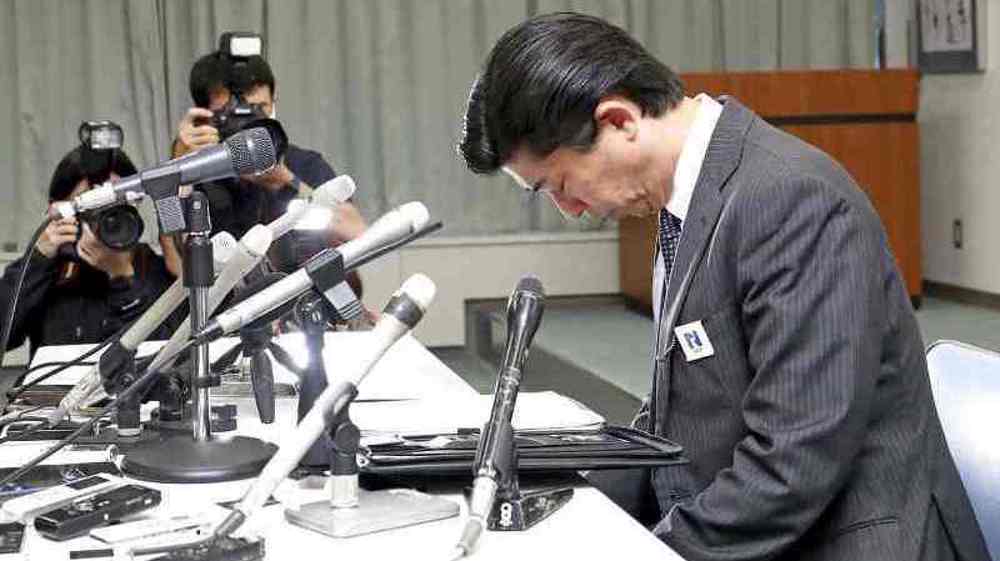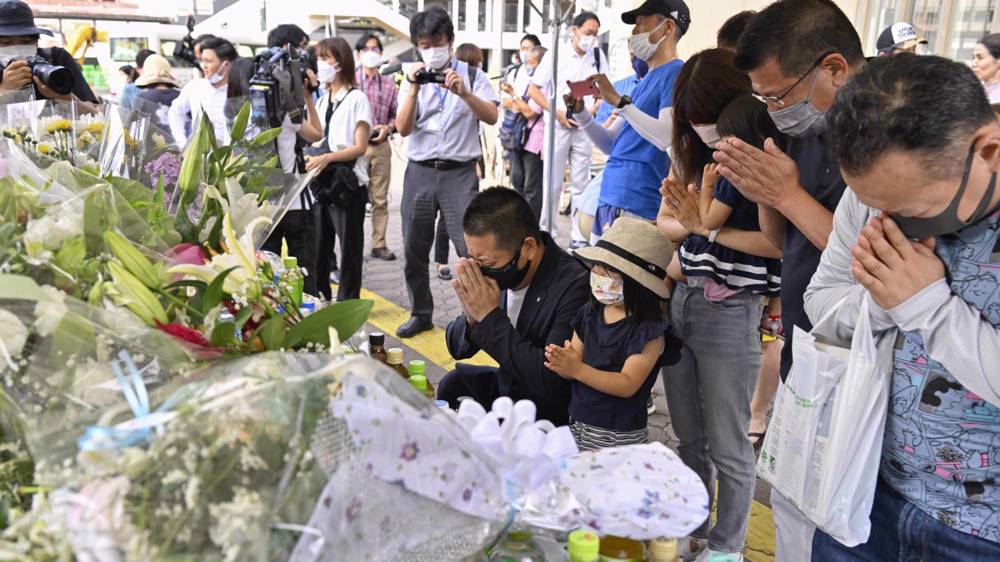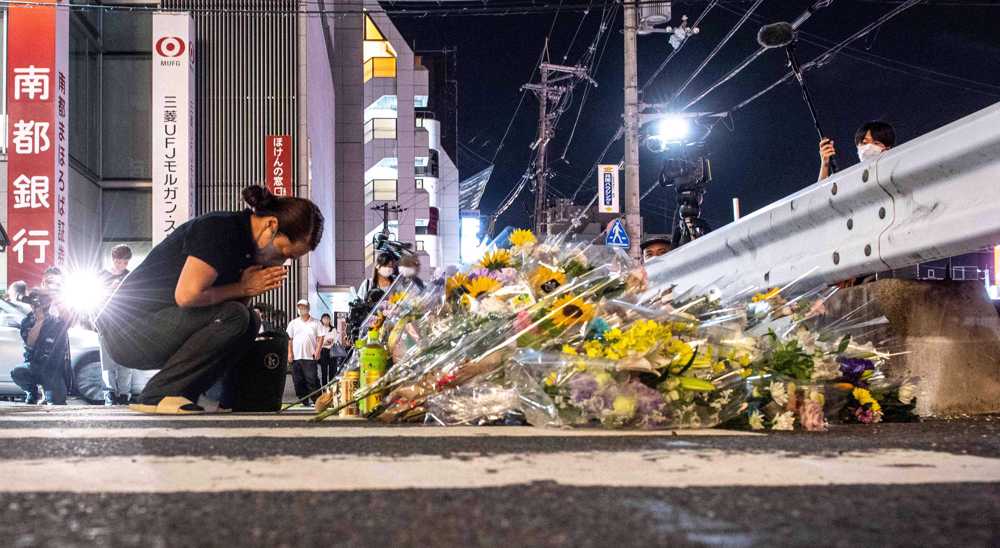Japan’s police chief accepts responsibility for security flaws leading to Abe’s assassination
The police chief of Japan’s Nara prefecture, where the country’s former Prime Minister Shinzo Abe was assassinated, says he takes responsibility for “undeniable” security flaws that paved the way for the killing of the ex-PM.
Abe, Japan’s longest-serving prime minister, was pronounced dead on Friday more than five hours after he was airlifted to a hospital for emergency treatment following a fatal shooting that occurred at a political rally in Nara, near Osaka, ahead of elections for the country’s upper house of parliament.
He was delivering a campaign speech in front of a small crowd at the time of the shooting. His alleged killer, identified as 41-year-old Tetsuya Yamagami, opened fire on the 67-year-old politician from behind at close range using a homemade firearm.
Yamagami, a former member of Japan’s navy, has allegedly committed the first assassination of a sitting or former Japanese premier since the days of prewar militarism in 1936.
Police are still investigating the motive for the killing.
On Saturday, Tomoaki Onizuka, head of the Nara prefectural police, acknowledged that there were “undeniable” security flaws at the time of the rally and that he took “responsibility” for security failures that made the assassination possible. He said Abe’s security followed his own approved plan.
“As the regional police chief responsible for safety and security of the region, I took necessary steps and built structures for security and guarding. I believe it is undeniable that there were problems with the guarding and safety measures for former Prime Minister Abe,” he told reporters at a press conference.
“After the first report of the incident came at 11:30 a.m., and the situation was revealed, it was the height of the guilt and regret I’ve felt in my 27 years in law enforcement. I feel the weight of my responsibility,” Onizuka said.
Police said Yamagami was responding calmly to questions and admitted to attacking the former prime minister, telling investigators he had plotted to assassinate him because he believed rumors about Abe’s alleged connection to a certain unnamed organization.
Abe was Japan’s longest-serving prime minister.
The assassination sent shockwaves around the world as it was carried out in broad daylight in Japan, which is considered one of the safest countries in the world with extremely strict gun laws.
International reactions and condemnations have since been pouring in against the backdrop of Abe’s assassination. According to media reports, Japan’s National Police Agency now plans to review its security arrangements for the protection of prominent figures.
VIDEO | Rome, Milan host new protests in solidarity with Palestinians
Dec. 21: ‘Axis of Resistance’ operations against Israeli occupation
Spain jurists demand ties with Israel ties be cut
VIDEO | Press TV's news headlines
VIDEO | Iran honors top Science Olympiad medalists
VIDEO | Austrians arrested at Gaza protest in Vienna
10 killed in bus crash in western Iran
VIDEO | One-man-band journalism with Civili












 This makes it easy to access the Press TV website
This makes it easy to access the Press TV website